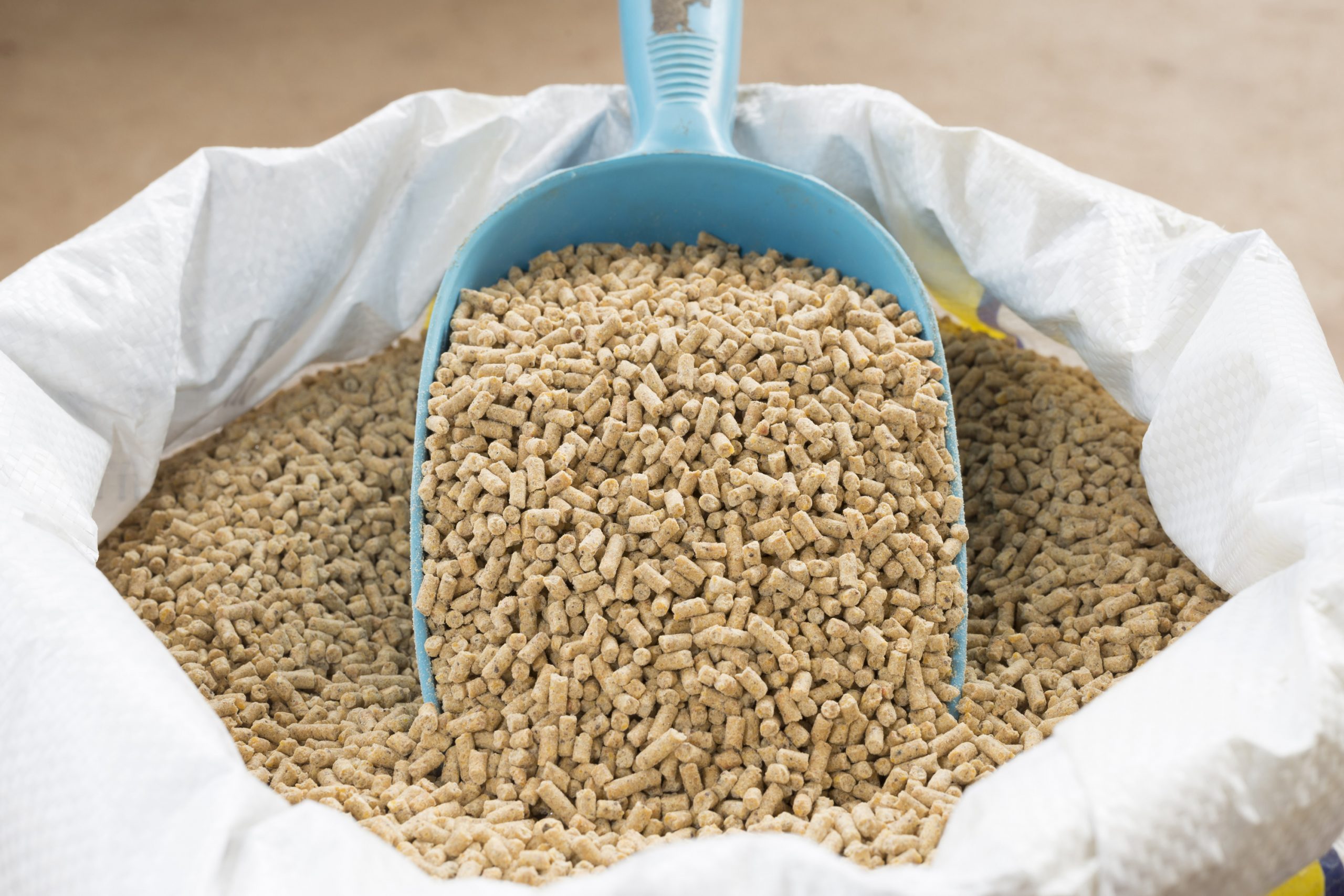Animal Feed Testing



Our Animal Feed Analysis Services
Our laboratory follows IS 456:2000 and other BIS standards to determine the suitability of water for construction. Essential tests include:
Nutrient & Proximate Analysis
We perform proximate analysis to determine moisture, crude protein, crude fat, fibre and ash content. Amino acid and fatty acid profiling ensures the feed meets species specific nutritional requirements.
Vitamins & Minerals Testing
Balance is everything. We measure essential vitamins (A, D, E, K and Bcomplex) and minerals (calcium, phosphorus, magnesium, trace elements) to support growth and immune function
Mycotoxin & Pesticide Residue Screening
Mycotoxins such as aflatoxins, ochratoxin and fumonisins pose serious health risks. We use LCMSMS to detect and quantify these toxins, along with pesticide residues from raw ingredients.
Microbiological & Pathogen Testing
Feed can be contaminated by Salmonella, E. coli and Listeria. Our microbiological screening identifies harmful bacteria, moulds and yeasts, ensuring feed safety and shelf life.
Heavy Metal & Chemical Contaminant Analysis
Heavy metals like lead, arsenic and cadmium can accumulate in animal tissues and enter the food supply. Using ICPMS and AAS, we measure heavy metals and other chemical hazards.
Compliance & Quality Assurance
We align testing protocols with national and international feed standards (BIS, Codex, EU regulations, FDA) and recommend hazard analysis and riskbased preventive controls. Reports include corrective actions to mitigate contamination risks.

Secure Your Feed Supply Chain Today
Don’t compromise your livestock’s health or your brand’s reputation. Partner with a lab that combines scientific rigour and regulatory knowledge. Contact us now to schedule your feed testing, request a quote or speak with our experts about customised testing plans. A safer, more nutritious feed starts here.
Who We Serve?
Large‑scale feed producers
Commercial mills producing compound feeds use our lab to monitor nutritional values and spot contaminants, ensuring consistent quality from batch to batch
Pet‑food brands
Makers of dog, cat and horse feed rely on our microbiological and residue testing to meet international standards and assure customers of safe, wholesome pet food
Farmers & small producers
Dairy, poultry and aquaculture farmers send samples of maize silage, hay and other feeds to verify protein, fibre and mineral content, protecting animal health and product yield
Importers & exporters
Traders seeking entry to regulated markets leverage our analyses, including guaranteed analysis and GMO checks, to satisfy global authorities and smooth customs clearance
Our Working Process
Sample Collection & Guidance
We supply clean containers and instructions for accurate sampling from your site.
Extensive Laboratory Analysis
Using calibrated equipment, we perform physical and chemical tests according to IS codes and ASTM methods.
Authentic Compliance Reporting
Results are compared with IS 456:2000 limits. We provide clear recommendations on whether the water is suitable or requires treatment.
Superior Real-Time Consultation
If parameters exceed limits, we suggest treatment methods or alternative water sources to ensure compliance and structural integrity.
What Sets Us Apart?
NABLAccredited & Trusted
Our lab is NABLaccredited and recognised by BIS and ISO, guaranteeing reliable results.
Comprehensive Coverage
We test finished feed, raw ingredients and additives, providing a complete quality snapshot.
Advanced Technology
Stateoftheart instruments (LCMSMS, ICPMS, GCMSMS) deliver sensitivity and accuracy
Expert Nutritionists
Our team includes veterinary nutritionists, chemists and microbiologists who interpret results and advise on formulations.
Fast Turnaround & National Reach
Quick sample pickup and reporting help you make timely decisions, wherever you are in India.
Here's What They Say

FAQs
Why is feed testing important?
Testing detects contaminants (mycotoxins, heavy metals, pesticides) and verifies nutritional adequacy. It ensures consistent feed quality and compliance with regulations, protecting animal health and the food chain.
Is feed testing mandatory in India?
While the law doesn’t prescribe specific testing intervals, commercial feed manufacturers must comply with BIS standards. Industry guidance notes that regular testing against BIS specifications is effectively mandatory for regulatory compliance and quality assurance.
What parameters should be tested?
Key parameters include moisture, protein, fat, fibre, ash, amino acids, vitamins, minerals, mycotoxins, pesticide residues and pathogenic bacteria.
How often should feed be tested?
Routine testing should be performed on every new batch of feed and at least twice per year. Increased frequency is recommended when sourcing from new suppliers or during seasonal changes that affect raw materials.
Do you test raw materials and additives?
Yes. We offer ingredientlevel testing to ensure that grains, oilseeds, meals, premixes and additives are safe and meet nutritional specifications.